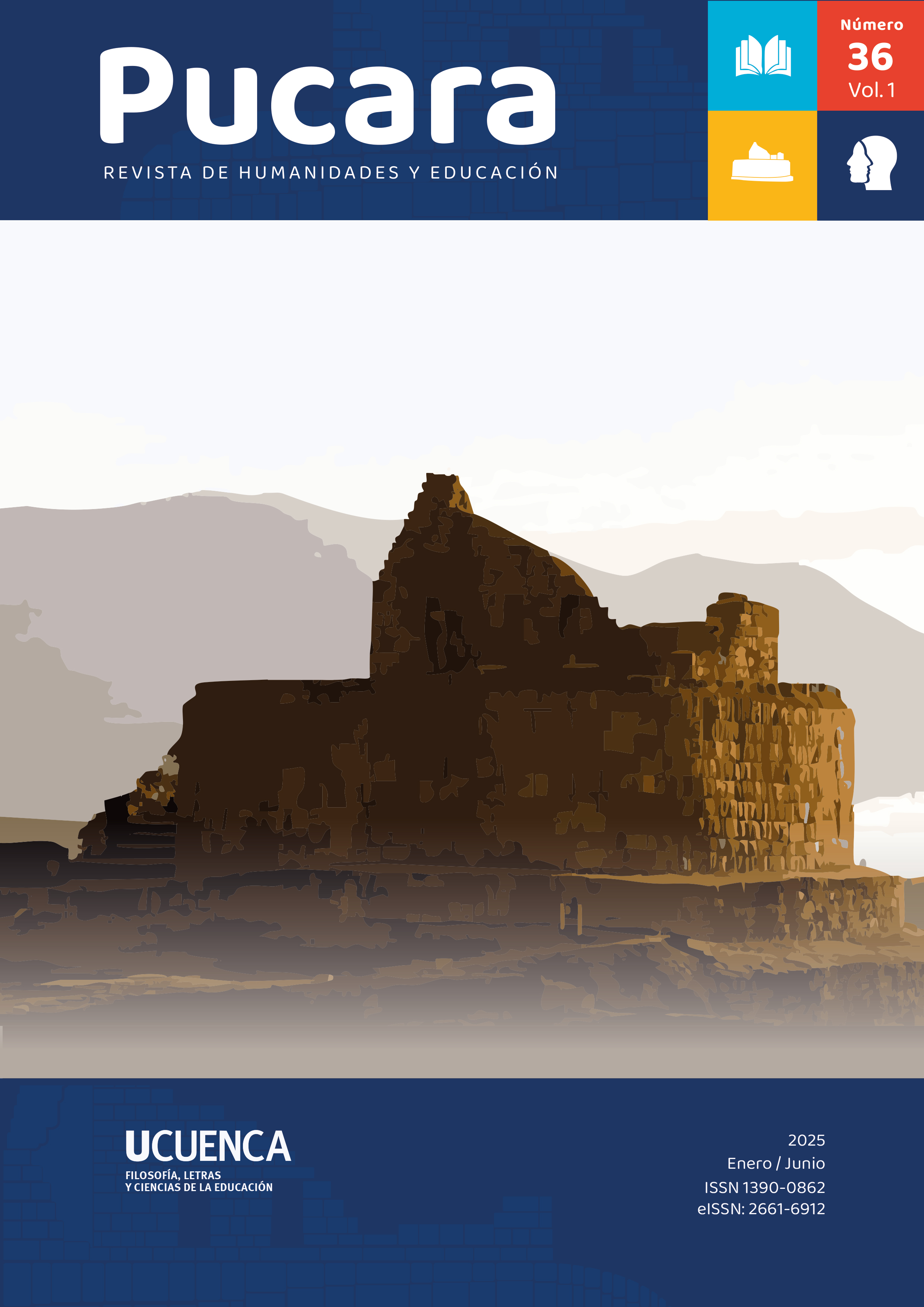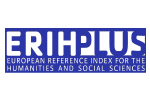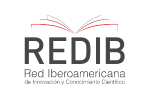I tú: Cecilia Vicuña o la poética de la lengua rota
DOI:
https://doi.org/10.18537/puc.36.01.04Palabras clave:
lengua rota, hibridez lingüística, nomadismo, precariedad, performatividadResumen
Este ensayo propone un análisis lingüístico del poemario I tú (2004) de Cecilia Vicuña con el fin de explorar cómo la fragmentación lingüística, el nomadismo y la hibridez constituyen una poética que resignifica la noción de la “lengua rota” como un espacio de creación y resistencia. Se examina cómo las limitaciones inherentes al lenguaje fragmentario se transfiguran en un acto performativo que cuestiona y reconfigura las nociones tradicionales de identidad lingüística y cultural en contextos fronterizos. Asimismo, se propone conceptualizar la “lengua rota” como una metáfora y herramienta epistemológica para repensar el lugar del lenguaje en experiencias exílicas y nómadas. El análisis articula los conceptos de precariedad, hibridez y nomadismo presentes en la obra de Vicuña, proponiendo un modelo teórico para entender la lengua fronteriza como una identidad en transformación constante.
Descargas
Citas
Agamben, G. (2011). Desnudez. Adriana Hidalgo editora.
Anzaldúa, G. (1987). Borderlands/La Frontera: The New Mestiza. Aunt Lute Books.
Barthes, R. (2015). Fragmentos de un discurso amoroso. Turolero.
Dasseleer, C. (2020). La hibridez como heteronomía de la poesía contemporánea. el caso de la obra de Cecilia Vicuña. Actio Nova: revista de teoría de la literatura y literatura comparada (4): 495-517. https://doi.org/10.15366/actionova2020.4.021
Gamboa, J. (2012). Cecilia Vicuña. Trama y urdimbre de la palabra: el tejido / texto. Revista de literaturas populares 1(7): 505-521. http://rlp.culturaspopulares.org/textcit.php?textdisplay=574
Guiñansaca, S. (2023). Nostalgia y Fronteras. Severo Editorial.
Lippard, L., Vicuña, C., y Varas, P. (2014). Artists for Democracy: el Archivo de Cecilia Vicuña. Museo nacional de Bellas Artes.
Mayet, G. (2021). Samuel Beckett, la poesía de lo imposible. Beckettiana. (18): 29-42. https://doi.org/10.34096/beckettiana.n18.10838
Monteleone, J. (2001). La pregunta por el objeto (Genovese, Freidemberg, Kamenszain, Bellessi). Literatura Argentina: Perspectivas de fin de siglo. (2): 59-108. Impreso.
Prieto, J. (2016). Hilos transversales. Nomadismo en la poesía de Cecilia Vicuña. O Ette y J Prieto (Eds.), Poéticas del presente: perspectivas críticas sobre poesía hispánica contemporánea, (pp. 237/258). Iberoamericana Frankfurt am Main.
Rojas, G. (2022). Teoría de la poesía en Sabor a mí y Palabrarmas de Cecilia Vicuña. Árboles y Rizomas, 1(4): 109-118. https://doi.org/10.35588/ayr.v4i1.5378
Vicuña, C. (2004). I tú. Tsé Tsé.
Publicado
Cómo citar
Número
Sección
Licencia
Derechos de autor 2025 Néstor Fernando Prieto Rojas

Esta obra está bajo una licencia internacional Creative Commons Atribución-NoComercial-CompartirIgual 4.0.
Copyright © Autors

Usted es libre de:
 |
Compartir — compartir y redistribuir el material publicado en cualquier medio o formato. |
 |
Adaptar — combinar, transformar y construir sobre el material para cualquier propósito, incluso comercialmente. |
Bajo las siguientes condiciones:
 |
Atribución — Debe otorgar el crédito correspondiente, proporcionar un enlace a la licencia e indicar si se realizaron cambios. Puede hacerlo de cualquier manera razonable, pero de ninguna manera que sugiera que el licenciador lo respalda a usted o a su uso. |
| No comercial — No puede utilizar el material con fines comerciales. | |
| Compartir Igual— si remezcla, transforma o desarrolla el material, debe distribuir sus contribuciones bajo la misma licencia que el original. |
| Sin restricciones adicionales: no puede aplicar términos legales o medidas tecnológicas que restrinjan legalmente a otros a hacer cualquier cosa que permita la licencia. |
Mayor información sobre este acuerdo de autoría y licencia, transferencia de derechos o solicitudes de reproducción, pueden ser consultados en este enlace.












